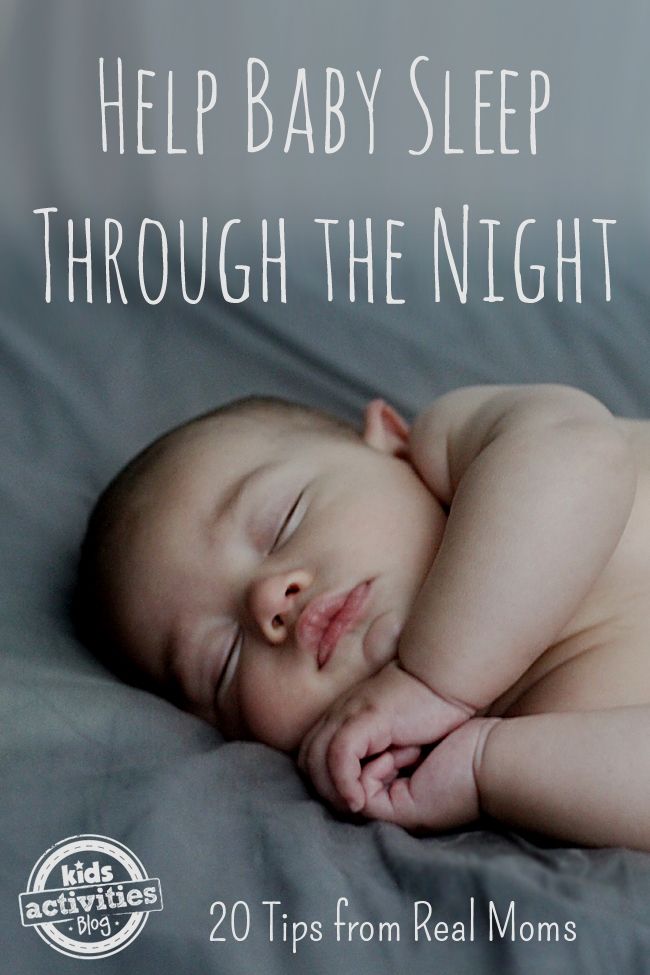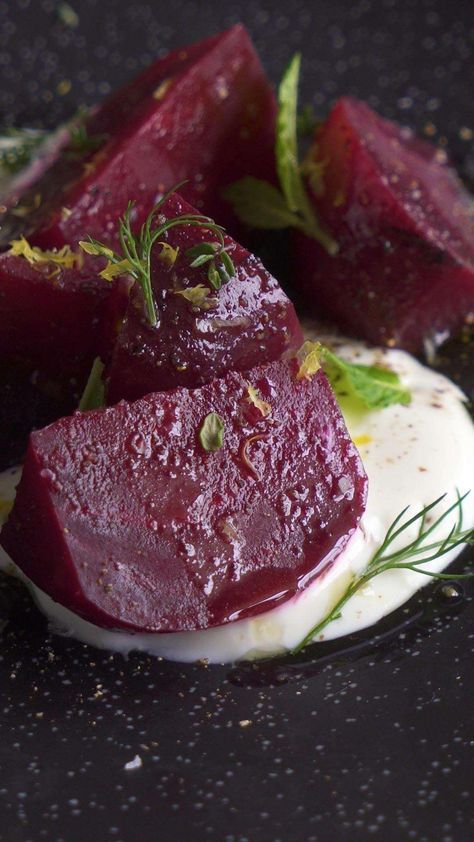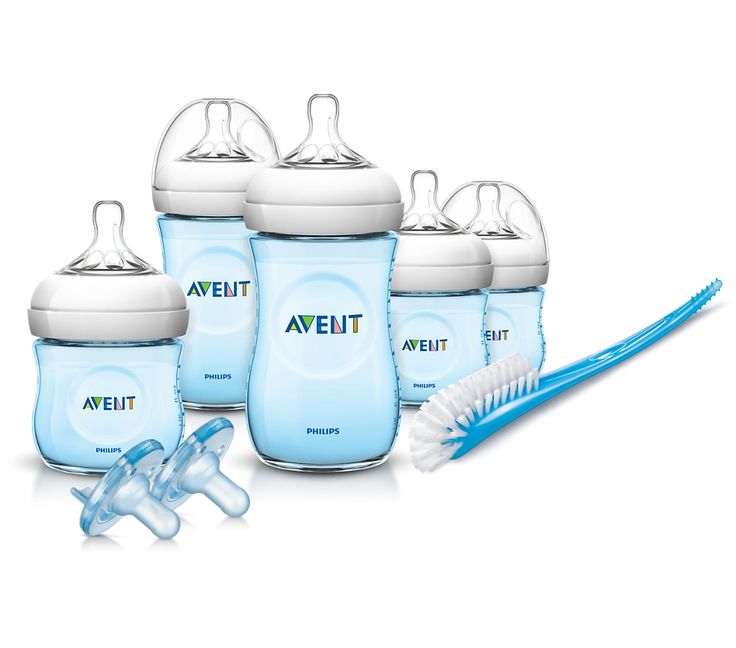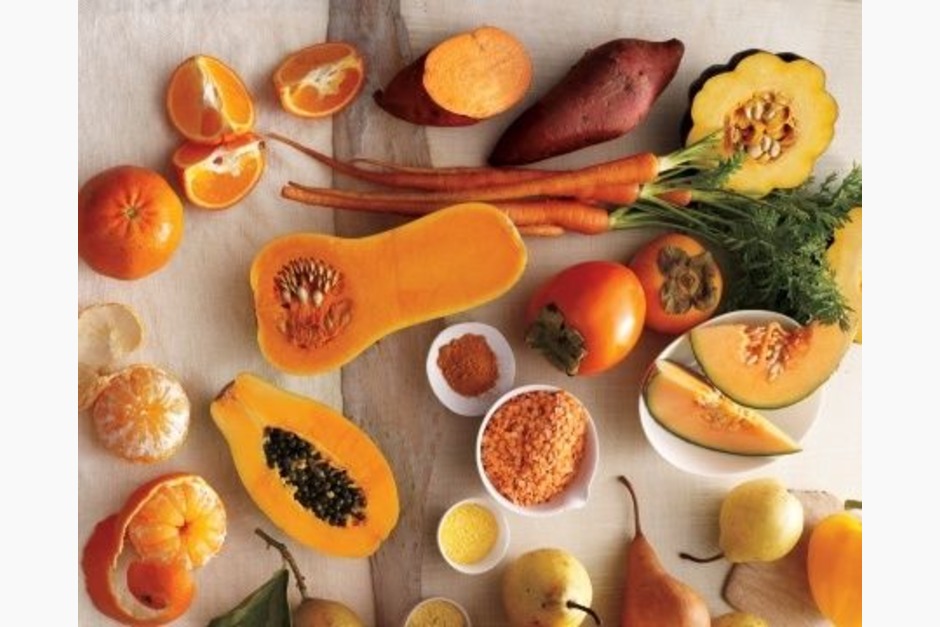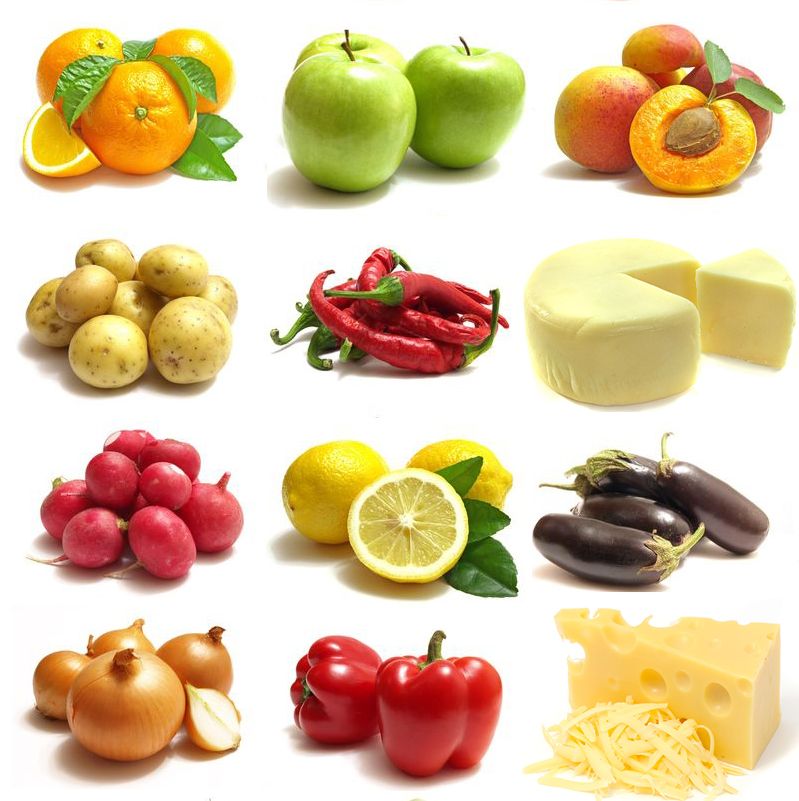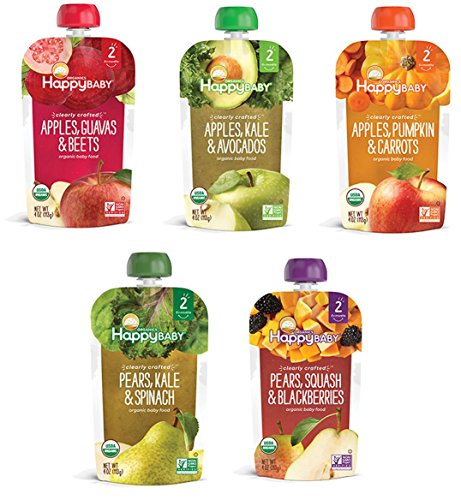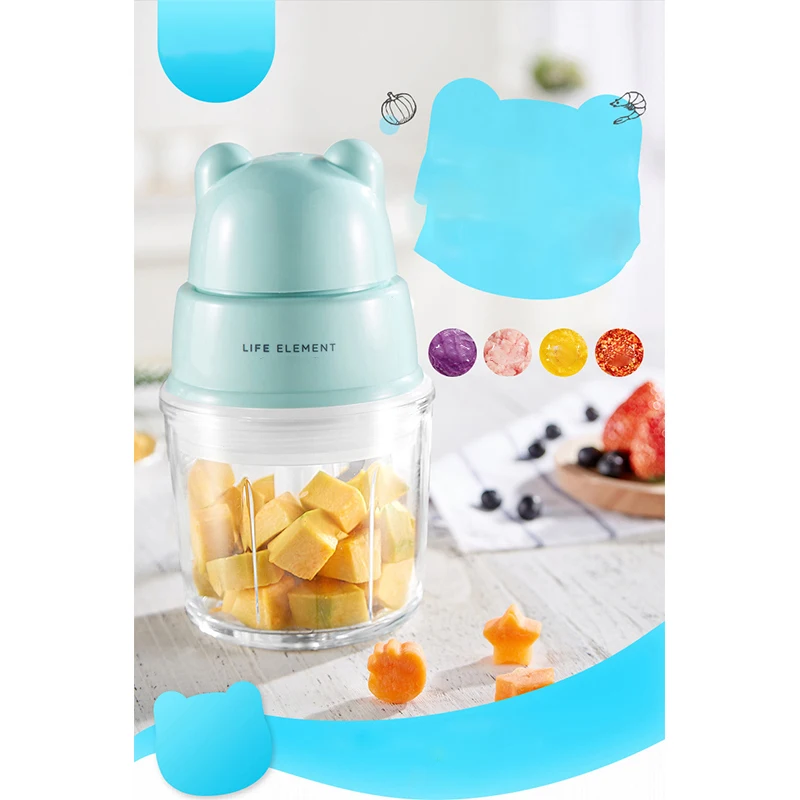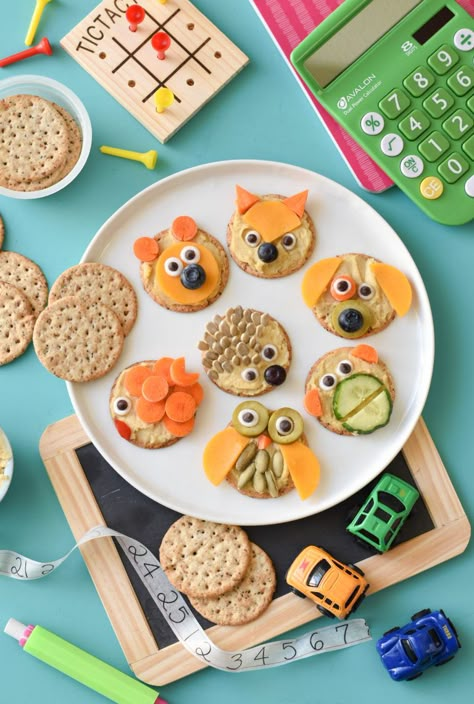Foods to help baby sleep
9 Best Dinner Foods for Your Baby to Help Him Sleep Peacefully All Night! (With Recipes)
Putting your baby to sleep is perhaps one of the toughest tasks you need to accomplish every day. Babies wake up often every night and find it difficult to sleep at a stretch. This also affects your health as you need to stay up with your baby and help him feel better. Very often, your baby finally falls asleep at 6 AM and for you, it is time to get started on the new day! Well, what if you found that making a couple of changes in your baby’s dinner can solve this problem?
If your baby has weaned off breastmilk and been introduced to solid foods, he probably eats a variety of things for dinner. Purees, porridge, rice, fruits…Our purpose is to keep his dinner nutritious, filling and easy to digest. But here’s the interesting part: research suggests that diet has a very crucial role to play in your baby’s SLEEP cycle!
The contents of any food item that we consume have an effect on our overall health. While some foods make us alert and wakeful (think coffee, for adults), there are certain food products that are known to promote sleep. These food items combined with complex carbohydrates help in the release of sleep-promoting substances in the body. This makes your baby feel sleepy and comfortable after his dinner. Simply put, this means he is likelier to nap sooner and for longer!
Did you know that according to some studies in child development, each sleepless hour a night can potentially cut down TWO cognitive years in a baby?
9 Dinner Food Recipes for Babies to Help them Sleep Better Through the Night
Here are 9 dinner foods for babies that are not just nutritious and easy to digest but also help your little one get a good night’s sleep!
1. Warm Oatmeal
Oatmeal is a wholesome food in itself, extremely healthy for both babies and adults. But here’s the best part: it is also an excellent source of melatonin which helps trigger insulin production. Insulin in turn helps in inducing sleep! You can prepare oatmeal in many different forms, the simplest of which is a porridge, light and easy to digest for babies. We recommend mixing it up with apples to improve both the taste and the nutrition quotient.
Insulin in turn helps in inducing sleep! You can prepare oatmeal in many different forms, the simplest of which is a porridge, light and easy to digest for babies. We recommend mixing it up with apples to improve both the taste and the nutrition quotient.
Recipe: Oats Porridge With Apples
2. White Rice
Rice is well-known be high in glycemic index. This, according to several scientific studies, has been found to help people sleep better and faster. Now you know why many people tend to feel sleepy after consuming rice! Although brown rice is highly recommended for babies due to its higher nutrient value, white rice has a higher glycemic index when compared to brown. Plus, rice is easily digested by babies and is light on the stomach too. Try this rice pudding with apples again – quite a delicious dinner food to help your baby nap!
Recipe: Apple Rice Pudding
3. Spinach
As mothers, we keep stressing on feeding green leafy vegetables to our little ones.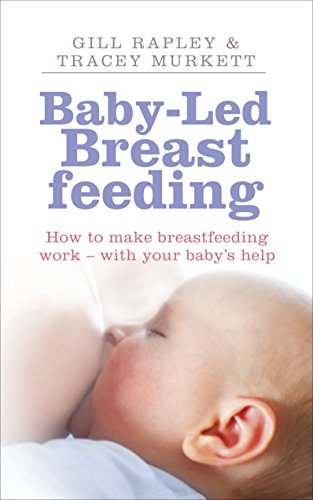 We want them to reap the benefits of nutrients such as iron, vitamins and minerals. But did you know that apart from providing the required nutrients, green veggies are also rich in tryptophan – an amino acid that our bodies use to synthesize proteins? Tryptophan also helps in the production of melatonin – the body’s ‘sleep hormone’! It is also called the body clock hormone as it determines the baby’s sleep-wake cycles. Whew, spinach has so many other health benefits that its sleep-inducing property is just another feather in its cap!
We want them to reap the benefits of nutrients such as iron, vitamins and minerals. But did you know that apart from providing the required nutrients, green veggies are also rich in tryptophan – an amino acid that our bodies use to synthesize proteins? Tryptophan also helps in the production of melatonin – the body’s ‘sleep hormone’! It is also called the body clock hormone as it determines the baby’s sleep-wake cycles. Whew, spinach has so many other health benefits that its sleep-inducing property is just another feather in its cap!
4. Cherries
Cherries are another great addition to your baby’s dinner, for the same reason as spinach – they are replete with melatonin, the sleep hormone! They are also quite delicious which means your baby is likelier to accept them easily. Keep in mind that tart cherries contain the most amount of melatonin so choose them over the sweet ones.
How to Feed: It is best to de-seed and puree the cherries before feeding your baby. This makes them easier to consume and digest.
This makes them easier to consume and digest.
Watch: An Easy Cherry Puree Recipe for Your Baby
Key Takeaway:
- All you need are cherries, either frozen or fresh. Defrost the frozen cherries for 4-5 hours before preparing the puree.
- Puree the cherries in the food processor or blender.
- Place the mix on a low-medium flame for 5 minutes. Remove when it starts steaming.
- Strain the mixture to get out the chunky bits with a mesh sieve.
5. Bananas
Bananas are loved by many babies for their soft, sweet taste. But did you know that they contain a good amount of magnesium which is a natural muscle relaxant? Relaxed muscles mean your baby feels sleepier after dinner and eventually sleeps better! Apart from this, bananas also have good amounts of melatonin and serotonin. We recommend the following banana puree recipe for your little one.
We recommend the following banana puree recipe for your little one.
Recipe: Banana Puree
6. Chicken
If you are a non-vegetarian, you may be considering introducing chicken in your baby’s diet. You have a great reason too! Chicken contains high levels of tryptophan. And as we discussed, this amino acid will definitely make your baby sleepy post dinner! Needless to say, chicken will also take care of the protein requirements of your baby. It is a great idea to begin with shredded pieces and soup post the age of 8 months. Here is a recipe you can try to reap the double protein benefits of chicken and lentils. If your baby is old enough to self-feed, serve it in a bowl that has his favourite cartoon characters for maximum attention! 😉
7. Walnuts
Walnuts help the body in the production of serotonin – a chemical that soothes the brain and affects the mood of a person, making them more relaxed. This helps them sleep better and longer. Walnuts also contain melatonin which, as we saw, is great for napping. We recommend adding walnuts to your baby’s dinner after making sure there are no small pieces that can induce choking. Nuts are recommended for babies after they have crossed the one year milestone so as to minimise risks of allergies. Consult your paediatrician to discuss this further.
Walnuts also contain melatonin which, as we saw, is great for napping. We recommend adding walnuts to your baby’s dinner after making sure there are no small pieces that can induce choking. Nuts are recommended for babies after they have crossed the one year milestone so as to minimise risks of allergies. Consult your paediatrician to discuss this further.
8. Chickpeas
Legumes, in general, are high in protein as well as tryptophan and hence a great sleep promoter. But apart from high protein content, chickpeas are also high in iron, potassium, fibre and vitamins K, C and B-6. This makes them a great, nutritious dinner food! It is advised to boil the beans and mash them to include in your baby’s diet. This makes it easy for them to consume as well as digest chickpeas.
9. Dairy Products
Finally, this one is no surprise – the milk before bed-time is certainly a great idea. But even apart from milk, other dairy products like cheese and paneer are also packed with tryptophan. Hence, something like a bowl of bananas mashed in milk an hour prior to bedtime will ensure your baby sleeps comfortably through the night. Also, if going for cheese, opt for swiss and cheddar as they have the maximum amount of tryptophan. You can also make the following recipe part of your baby’s dinner sometimes, for a special treat! It is tailored especially to a baby’s taste and digestive power.
Hence, something like a bowl of bananas mashed in milk an hour prior to bedtime will ensure your baby sleeps comfortably through the night. Also, if going for cheese, opt for swiss and cheddar as they have the maximum amount of tryptophan. You can also make the following recipe part of your baby’s dinner sometimes, for a special treat! It is tailored especially to a baby’s taste and digestive power.
Did You Know:
Certain foods like sugar and caffeine are stimulating in nature and hence the term ‘sugar rush’ is actually a real thing. It is therefore advisable not to include food items containing these properties right before bedtime. As a rule, go easy on the sugar you add to any baby food to also protect your child from the risk of tooth decay and developing unhealthy eating habits.
Tips While Feeding Your Baby to Ensure Sleep Throughout the Night
When babies first begin eating solid foods, they may experience discomfort that also affects their sleep. There can be several reasons for this. For one, their digestive system is still coping with the sudden change from liquids to solids. The timings between the feeding of solids and milk probably haven’t been properly worked out yet. Sometimes, the quality of the food matters more than the quantity consumed. Apart from this, there may be certain things in the breastfeeding routine of the baby that is holding up their sleep schedules. You can follow these following tips to induce a long night’s sleep in your baby!
There can be several reasons for this. For one, their digestive system is still coping with the sudden change from liquids to solids. The timings between the feeding of solids and milk probably haven’t been properly worked out yet. Sometimes, the quality of the food matters more than the quantity consumed. Apart from this, there may be certain things in the breastfeeding routine of the baby that is holding up their sleep schedules. You can follow these following tips to induce a long night’s sleep in your baby!
- While breastfeeding, keep the light turned off so as to make it clear that it’s not daytime. Alternatively, you can use a nightlight or dimmer switch. Use white noises (such as the hum of the fan) in the background which can help soothe the baby.
- Ensure that you burp your baby after breastfeeding; otherwise, trapped air in his stomach can cause him to wake up.
- Fixing a schedule for the baby’s eating and sleeping patterns is beneficial for the baby’s overall development.
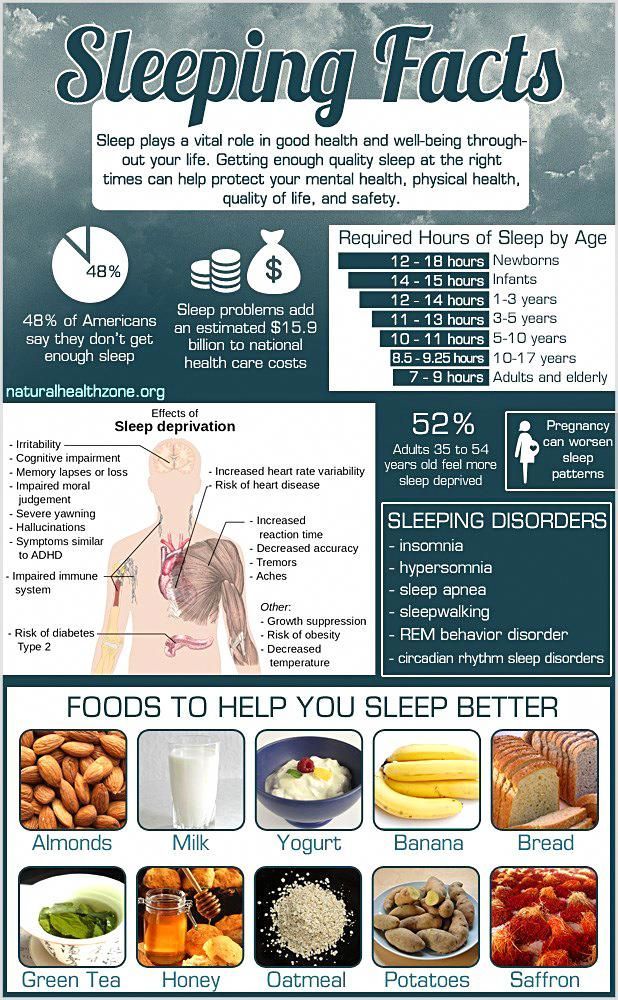 From the months of 4 to almost 18, it is ideal that bedtime should be between 7 to 8 pm, depending on where your baby is along the age line. Accordingly, dinner should be timed an hour or 1.5 hours before the baby’s bedtime.
From the months of 4 to almost 18, it is ideal that bedtime should be between 7 to 8 pm, depending on where your baby is along the age line. Accordingly, dinner should be timed an hour or 1.5 hours before the baby’s bedtime.
- It’s not just dinnertime that should be fixed. The baby’s daytime routine also plays an important role in getting him to sleep through the night. Schedule timings for his meals and naps as is age-appropriate. Eventually, this can help the baby naturally feel drowsy by his bedtime.
- One of the main reasons for babies to wake in the middle of the night can be indigestion, because of which the child faces discomfort. ‘Tummy Time’ is gaining popularity among new parents now, owing to its several benefits, one of which is improving digestion. Lying on their tummy during the day (for example supervised floor play) provides the baby’s abdominal organs with a kind of ‘massage’, which also helps to relieve gas, and stimulate normal bowel movements.
 Keep in mind that this should not be done immediately after a meal. Also, while babies should compulsorily be made to sleep on their back only, tummy time during their waking hours can be of help.
Keep in mind that this should not be done immediately after a meal. Also, while babies should compulsorily be made to sleep on their back only, tummy time during their waking hours can be of help.
- It will take up to the age of 8-9 months for the baby to sleep through the entire night (meaning a consolidated 11-12 hours of sleep). To remove the association of feeding and sleeping in their brains, it is important to wean your baby off being fed to sleep. Start with moving his nursing at the beginning of his bedtime routine (rather than at the end). If he persists in waking, make it earlier. i.e right before/after dinnertime.
- Remember to put your baby down to sleep when he is drowsy, but still awake. Rushing to get your baby to sleep right after nursing can prove to be problematic, as when the baby wakes up, he doesn’t know how to fall asleep on his own. Instead, when he is feeling calm and relaxed and is frequently closing his eyes, put him down to bed, and let him learn to put himself to sleep.
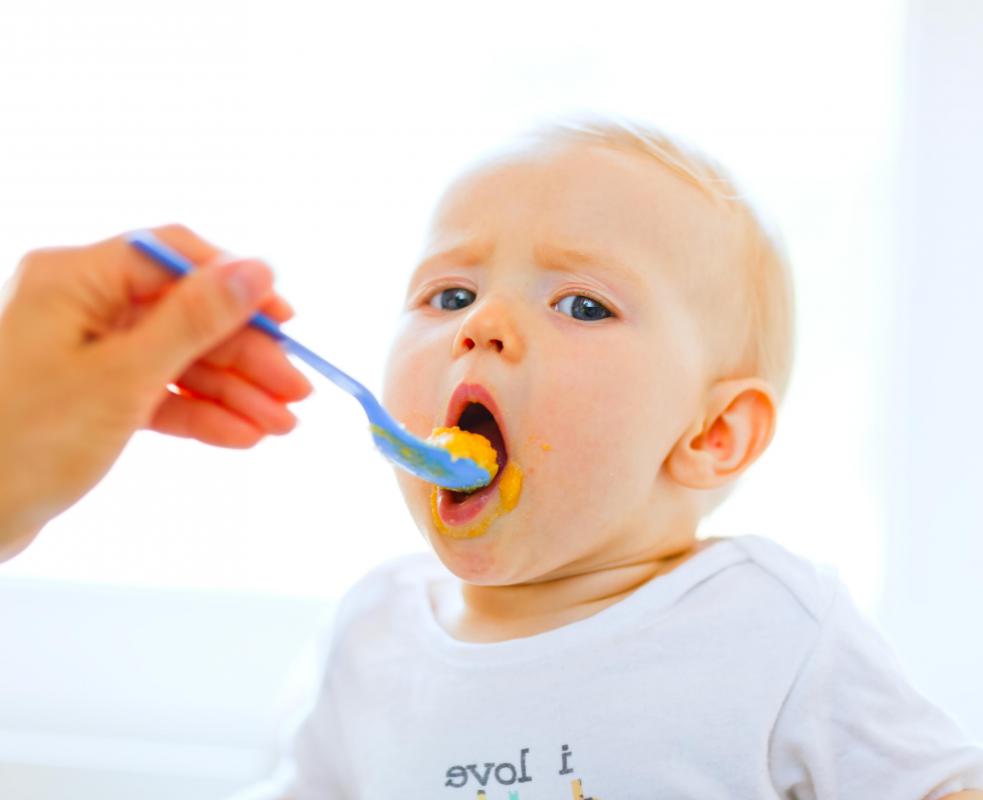 Keep in mind that it may take a week or so for the baby to develop this habit.
Keep in mind that it may take a week or so for the baby to develop this habit.
Along with the baby’s food habits, something that can help your baby’s sleep routine is having your partner take charge as well. Dr. Diana Julian, Child Sleep Consultant, talks about how fathers can be the secret to a baby’s blissful sleep and various techniques they can incorporate. The father can feed the baby a bottle of breast milk during the night feedings, which makes for a dad-baby bonding session as well. Some mothers also claim that since their husbands took charge of rocking their baby to sleep when he wakes, it has proved to be a success! It could be because the baby associates feeding to the mother and expects to be fed when he wakes in the middle of the night and sees her. Try a role-reversal and see how that works out for you!
Is Your Diet Affecting Your Breastfed Baby’s Sleep?
When your breastfed baby refuses to sleep throughout the night, there are doubts that can creep into your mind regarding the effects of your breastmilk on your baby’s sleep.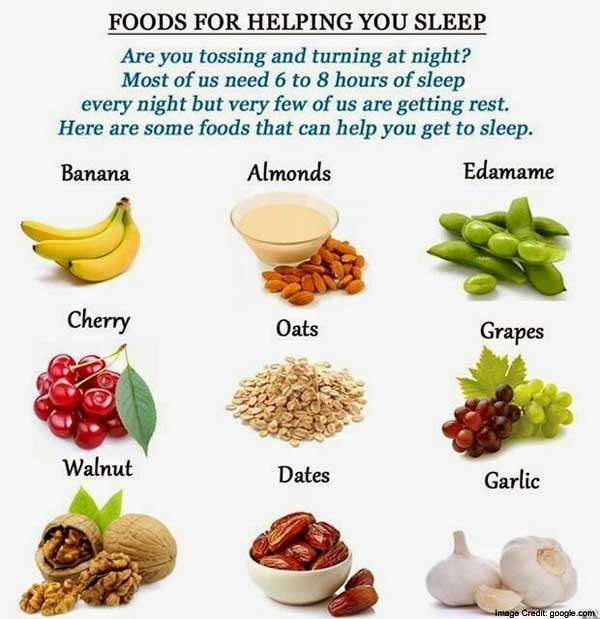 While there is no concrete research which state that elements of your diet can affect your breastmilk, there are certain tried-and-tested techniques by mothers which seem to alter their babies’ sleeping patterns.
While there is no concrete research which state that elements of your diet can affect your breastmilk, there are certain tried-and-tested techniques by mothers which seem to alter their babies’ sleeping patterns.
The first thing to note is that breast milk is not made up of what you eat, but what is in your blood. So there is no particular list of foods that is applicable for mothers’ to avoid. However, if you seem to incorporate caffeine and sugar a little more than the healthy amount in your daily diet, cutting it down is ideal – it definitely will help to improve your overall health!
There are some mothers who have seen a slight improvement in their babies’ sleep patterns once their caffeine/sugar intake was reduced as well. Another possibility to consider is allergic reactions to some food nutrients that may be passed on through your breast milk to your baby. If symptoms like diarrhea, rashes, fussiness, gas, colic and so on keep your baby up at night, keep a track of what you eat and when these symptoms show up. If you see a link, reduce the suspected food and speak to your health-care provider about further remedies.
If you see a link, reduce the suspected food and speak to your health-care provider about further remedies.
So moms, make sure you include these food items in your baby’s dinner to help him sleep uninterrupted. If your baby sleeps well, he will be happy and active the next morning, and so will you! Do you know of more recipes and sleep-promoting dinner foods for babies? Share them with other mommies by leaving a comment below.
The Facts About Foods to Help Baby Sleep
We’ve consulted the foodies at Little Tummy to delve into the myths surrounding baby food and sleep and explain which foods can really help baby sleep through the night.
There are few topics which are more frequently discussed among parents than their babies’ sleep. “Is he a good sleeper?”, or, “Does she sleep through the night yet?”, are questions which make most parents sweat. It is hardly surprising that there are plenty of myths around this topic, but what we do know is that food and sleep are linked closely.
For example, when was the last time you went to bed with an empty or very full stomach and lost a good night’s sleep over it? When it comes to introducing solid foods and babies’ sleep, there are a lot of common truths but not all of them are fact-based.
Dr Sophie Niedermaier-Patramani, co-founder and paediatric expert at Little Tummy, shares three common myths about baby’s food and sleep, and explains the truth behind them:
Myth: Introducing solids early will definitely help babies sleep through the night
The idea is that introducing solids will make a baby feel more satisfied and hence help with sleep duration. This advice is often given around the age of four months, when babies go through a developmental spurt and, therefore, a sleep regression. A study has shown that introducing solids early increases sleep duration by roughly 15 minutes.
From a nutritional standpoint, breastmilk or formula are more calorie- and nutrient-dense than babies’ first solids, so reducing milk supply in order to introduce solids is not always advisable.
Read More: This is how Much Sleep Your Newborn Needs
Myth: Babies only wake up at night because they are hungry
There are a lot of reasons why babies wake up at night. In fact, only 60% of 6-month-olds and 70% of 9-month-olds sleep through the night. Babies’ sleep patterns are different from adults. This is because babies spend more time in an active sleep phase called REM (rapid eye movements). This is the phase where babies process all the new information and developments they took in during the day.
It is, by the way, perfectly fine to offer your little one a drink during the night. Just as we might wake up thirsty once in a while, your little one might also be warm or wake up hungry.
Read More: 10 Foods to eat When You’re Breastfeeding
Myth: Feeding to sleep is bad for your baby
Offering formula or breast milk to help your little one fall asleep is a physiological way to soothe your little one. There are concerns that this might establish a strong association between feeding and sleeping but this has not been scientifically proven.
Most babies grow out of this habit the older they get and by the age of 18 months, almost all babies will have developed the ability to soothe themselves without feeding.
Read More: How to Cope if Your Child is a Fussy Eater
So, What Foods Can Help Your Baby Sleep?
Complex Carbohydrates
One way to incorporate the right kind of foods to maximise sleep is to prepare a light dinner rich in complex carbohydrates. Offering complex carbohydrates such as lentils, quinoa, oats or whole wheat bread will keep your little one’s blood sugar levels stable and avoid insulin spikes shortly before bedtime. These spikes can lead to your baby becoming hungry again after a short while.
Foods High in Tryptophan
Tryptophan is an amino acid found in dairy, banana, oats and nuts. It is a precursor of two hormones regulating our sleep, serotonin and melatonin. Foods high in tryptophan are thought to benefit duration and depth of sleep.
Spice up Your Meals
Nutmeg has been shown to improve sleep duration and depth.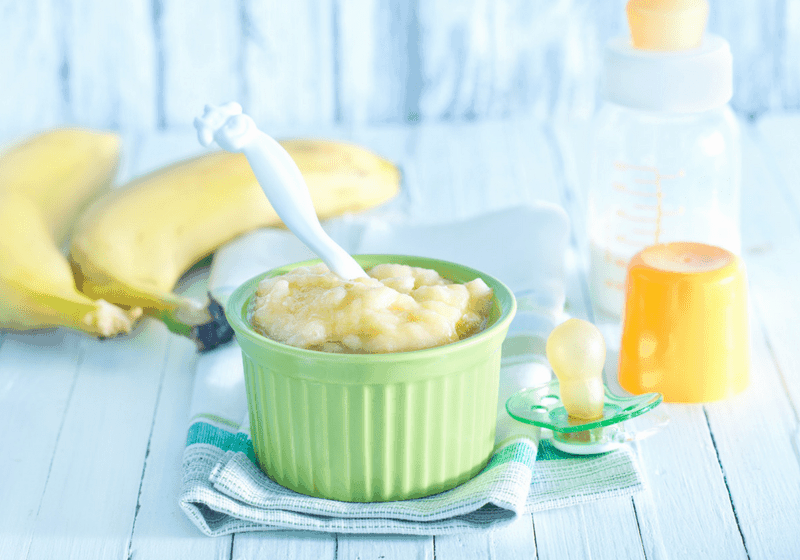 The same is said for cinnamon.
The same is said for cinnamon.
An evening porridge made from whole milk, banana and nutmeg might make a small difference!
Want more information and inspiration on everything parenting and lifestyle? Hit ‘Like’ on our Facebook page, follow us on Instagram and join the conversation on Twitter.
Foods to help you sleep - Encyclopedia Baby food
Levchuk Victoria © Foods to help you sleep Levchuk Victoria ©There is a well-known saying “we are what we eat!”, but few people know that it can be used for sleep ? Incorrect baby food can adversely affect sleep, and vice versa, there are foods that help sleep.
Moreover, it is the parents of the younger generation who are most often interested in a good full-fledged sleep, because if the baby does not sleep, then the whole house does not sleep, a common truth that any adult knows. The key to good sleep can be found in baby food, so the following foods are a great source of valuable ingredients for a baby to sleep well.
Fruits to help you sleep
Contents:
Bananas are a source of two micronutrients associated with good sleep: potassium and magnesium, which act as a natural sleep aid. At the same time, the banana also contains melatonin and tryptophan, substances that help the child fall into a deep and restful sleep. Therefore, it is worth including a small banana in baby food before bedtime, which is offered to the child 2 hours or about an hour before bedtime.
More cherries (for the summer months) are a natural source of melatonin, which can be given in small amounts to the baby a couple of hours before bedtime. This fruit will help you relax and sleep better.
Sweet Dried Nuts
Walnuts contain tryptophan, which improves sleep. You can give your child a small amount (about a handful) one hour before bedtime. Almonds will serve the same purpose due to their high magnesium and protein content, which work as a relaxing agent.
Best used fresh nuts . The age of the child must be over 5 years old, you can give nuts in the absence of an allergic reaction to the product.
Dairy products
Both milk and dairy products are sources of calcium that help in the production of melatonin and increase the level of serotonin in the blood, thus the child relaxes much more easily. It should be borne in mind that after a glass of milk at night, the child may want to go to the toilet at night, if the child cannot do this on his own, he may wake up in a wet bed. Therefore, either replace milk with any fermented milk product, or give milk 2 hours before bedtime. I remind you that after taking any dairy product, the child should brush his teeth so that there is no development of caries.
Pasta and cereals
Rice helps slow down the release of sugar in the blood, thereby helping the body to calm down and relax the whole body ( honey has a similar function).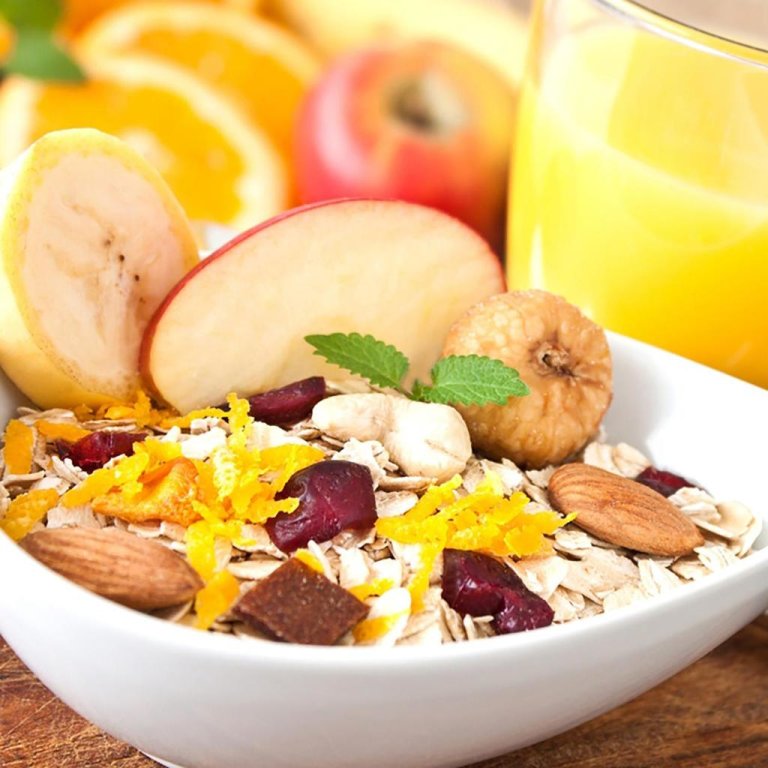 Pasta usually gives more serotonin to the body, a relaxing hormone, and oats help in the functioning of the stomach, which helps children sleep.
Pasta usually gives more serotonin to the body, a relaxing hormone, and oats help in the functioning of the stomach, which helps children sleep.
Wholemeal pasta and vegetable dinner for kids that also works as a sleep aid, and an oatmeal snack with warm milk and honey are all you need for a restful sleep for your baby.
To summarize. Of course, not only the right baby food before bedtime baby will help him fall asleep better and sleep through the night. Here you need to use a set of measures to eliminate poor sleep and improve the quality of sleep, there are many articles on the Internet on these topics, but we are talking about baby food that helps to fall asleep.
Foods containing tryptophan and calcium and magnesium and the production of the hormone serotonin help the child to sleep well.0012 .
For a child to sleep well, it is important to activate the appropriate neurotransmitters. Serotonin is a neurotransmitter that induces feelings of satiety, calmness and sleepiness. Since serotonin is created by the amino acid tryptophan, it is important that children consume foods rich in this substance. Good sources of tryptophan include turkey, chicken, milk, eggs, nuts, bananas, beans, fish, and cheese.
Serotonin is a neurotransmitter that induces feelings of satiety, calmness and sleepiness. Since serotonin is created by the amino acid tryptophan, it is important that children consume foods rich in this substance. Good sources of tryptophan include turkey, chicken, milk, eggs, nuts, bananas, beans, fish, and cheese.
A foods rich in calcium and magnesium improve the quality and depth of sleep. Conversely, low calcium levels can make a child nervous. Calcium is found in dairy products, almonds, sesame seeds, green leafy vegetables, oranges and sardines. Nuts and green vegetables are good sources of magnesium.
Lastly, it is important to avoid foods that interfere with sleep, such as chocolate, which contains caffeine, which interferes with sleep and is responsible for restless sleep in a child. A large amount of meat products at night slows down the digestion process, and this also contributes to poor sleep. Lots of fluids at night is an excuse to wake up in the middle of the night to go to the toilet, but young children sometimes find it so difficult to do this, which leads to abrupt waking or restless sleep. And a hearty dinner an hour before bedtime.
In general, the baby's dinner should be 3-4 hours before the expected sleep, should be light in small quantities, satisfying, but not overeating. For 1-2 hours, the child can be offered a light snack not exceeding 100-200 grams, in order to only satisfy the feeling of hunger, but not oversaturate the stomach.
Sleep aids are certainly not a cure for poor sleep, but they can be used as a set of measures to improve a child's sleep.
We are not afraid and add me to VK and Odnoklassniki, Instagram!
Like this article? Subscribe to site updates
"Encyclopedia Baby Food"!
Don't forget to bookmark us! (CTRL+SHIFT+D) Subscribe to the site, comment, share in social networks.
On our site Encyclopedia Baby Food there is useful information on the nutrition of your children, which is useful for everyone, and we update the site "Encyclopedia Baby Food" constantly and try to search and write only excellent, verified and necessary information for you and your children.
Disclaimer No. 1: It must be understood that the author of the articles on the Baby Food Encyclopedia website is not a medical staff, “I am not a doctor.” The information I share is based on my own experience. My goal is not to teach you how to eat or feed your child, but to talk about how we did it, what new things I learned or read. This expands the picture of Baby Food knowledge, gives you a glimpse of the whole process so you can decide if you like it or not.
Disclaimer No. 2 : However, the above does not cancel visiting a pediatrician. Before you start complementary foods, you need to get his professional opinion on the best way to introduce new foods for your baby. I also draw your attention to the fact that you need to look at the original date of the published articles, because some of the "best practices" may have changed. Always check with your child's pediatrician about complementary foods and their health.
Disclaimer #3: Keep in mind that every family is unique, every situation is also completely unique. There are no universal solutions. Only you can find what works best for you. Certain goals require certain sacrifices and priorities - not everyone wants to make those choices, and that's GREAT! Just know what you want to achieve, and be ready to get to work, putting the best of your strength!
Disclaimer No. 4: On the Encyclopedia Baby Food website, photos from books on baby food with attribution are used to better understand the information (Article 1274, paragraph 1, part four of the Civil Code of the Russian Federation). Literature on baby food is found in the public domain on the Internet.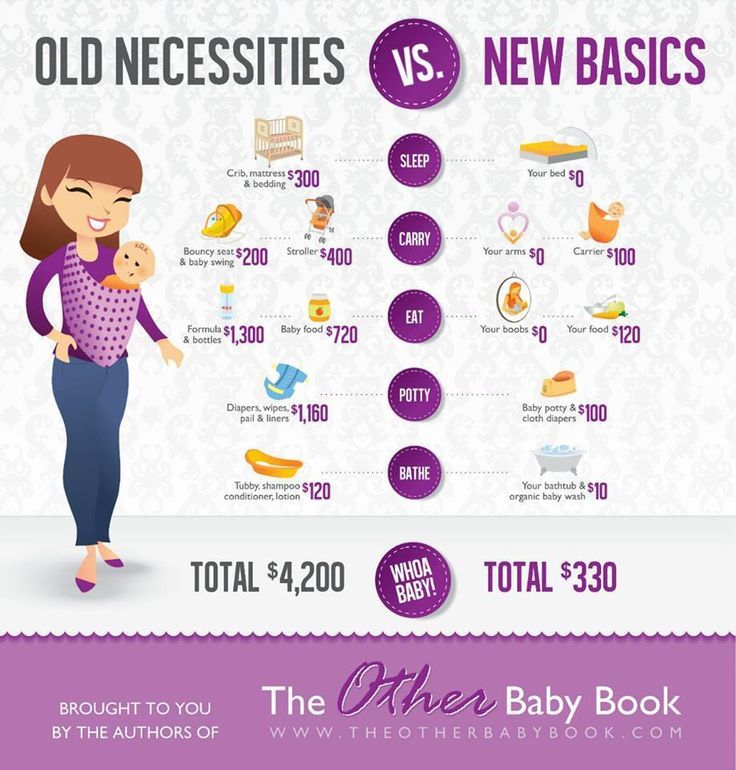
Apricot puree with chicken
Banan-global puree
Banana puree
borsch
Bousse broth with peas and rice
Boturbrod with kohlrabi
Rapid dessert
Sine
General cigaret Buckwheat porridge with apricots
Buckwheat porridge with banana
Buckwheat pilaf
Children's sausage
Children's milk porridge with banana
Children's vinaigrette
Children's ketchup
Children's cucumber salad
Children's Olivier salad
Children's porridge biscuits
Children's puree of strawberries, bananas, yellow cherries, yoghurt and biscuits with cereals
Children's puree with cottage cheese and fruits
Homemade yeast bread with linseed flour
Homemade cheese
Homemade pizza
Breakfast outside
Kohlrabi appetizer
Cauliflower roast
Roasted carrots
Roasted carrots and cherries with millet
Winter salad with Jerusalem artichoke
Cabbage with white beans
Canteen-style coleslaw
Mashed potatoes
Quinoa and pumpkin porridge
Quinoa porridge
breakfast porridge
Quinoa and apple
Strawberry puree
Strawberry puree with banana
Strawberry compote
Dried apple compote,
dried fruit, raspberry compote
in a thermos” for a child older than 8 months
Corn porridge
Corn porridge with pear
Corn porridge with pumpkin
Corn porridge with pumpkin and carrots
Corn porridge with apple and carrots
Chicken liver in the oven
Chicken cutlets with carrots
Chicken with carrots, sweet peppers and potatoes
Navy pasta
Pasta with orange sauce
Pasta with Gremolata
Muffins with vegetables and egg
Young potatoes in their jackets
Milk soup Carrot-potato puree
Carrot-rice casserole
Carrot with chicken
Amanita from eggs and tomatoes
Meat envelopes
Homemade Tarragon drink for children
Vegetable puree from cauliflower and carrots
Vegetable soup with corn semolina
Vegetable soup with cheese and corn semolina
Vegetable soup with spinach
Vegetable puree soup with bell pepper
Oatmeal porridge
Pollock fritters
Hot yogurt fritters
Omelet in a bag
Spinach and Cheese Omelette
Omelette Pancake
Peach Puree
Baked Apples 7 months +
Zucchini and Carrot Pie
Zucchini Pie
Rice and Zucchini Pie
Fish Pie
Fish and potato pie
White cabbage pizza
Lavash pizza
Zucchini, tomato and sausage pizza
Tomato and olive pizza
Spinach pizza
Rabbit pilaf
Chicken pilaf with green peas and corn Puree
and cherries
Banana, cottage cheese and porridge puree 4 cereals
Broccoli (cauliflower) puree
Broccoli, courgette and cauliflower puree
Blueberry puree
Pear puree
Pear and banana puree
Pear and banana puree, baked
Pear and pumpkin puree 7 months +
Pear, pumpkin and peach puree
Pear, apple, plum and prunes puree
Blackberry puree
Turkey puree
Zucchini puree 90 zucchini and broccoli
Zucchini, carrot and potato puree
Quinoa and banana puree
Quinoa and carrot puree
Quinoa, banana and carrot puree
Quinoa, squash and carrot puree
Quinoa, peach and raspberry puree
quinoa, cauliflower, apple, peas and mint
Quinoa, apple, pear and raisin puree
Quinoa, apple, carrot puree
Rabbit, broccoli and cauliflower puree
Chicken, carrot, potato, apple and pea puree
Raspberry, cherry and banana puree
carrots
Carrot and apple puree
Carrot, potato, broccoli and cheese puree
Carrot, potato, apple and quinoa puree
Carrot, pumpkin, apple and prunes puree
Carrot, apple and potato puree
Turnip and carrots
Plum puree
Cottage cheese, strawberry and banana puree
Pumpkin puree
Pumpkin and banana puree
Pumpkin and squash puree
Pumpkin and apple puree
Pumpkin, apple and banana puree
Cauliflower and broccoli puree1299 Cauliflower & Potato Puree
Cauliflower & Rice Puree
Cauliflower & Apple Puree
Cauliflower, Green Pea & Squash Puree
Cauliflower, Turkey & Potato Puree
Cauliflower, Potato & Squash Puree
Cauliflower, carrot and broccoli puree
Cauliflower, carrot, cheese and rice puree
Cauliflower, apple and courgette puree
Zucchini puree
Zucchini and potato puree
Zucchini, carrot and apple puree 90 cherries
Blueberry puree
Prune puree
Apple, pumpkin, carrot and some curry puree
Apple and pear puree
Apple and strawberry puree
Apple, strawberry and cherry puree
Apple, peach and banana puree
Carrot and pumpkin puree
Cottage cheese and banana puree
Turkey, potato and carrot stew
Zucchini, carrot and broccoli stew
Fish, potato, carrot and broccoli stew
Rice porridge
Whole grain rice porridge
carrot
Rice porridge with pumpkin
Rice porridge with apples
Rice porridge with apple and pear
Rice porridge with apple and pumpkin
Fish cakes with vegetables
Semi-cooked fish
Fish meatballs with ketchup
Baby Fish Soup
Salmon and Celery Fish Soup
Carrot and Kohlrabi Salad
Chickpea Salad
Chickpea and Cabbage Salad
Laziest Soup
Creamy Kohlrabi Soup
Oatmeal Smoothie in a Pot29 Sauce
Cheesy Pizza
Pea and Bacon Soup
Baked Vegetable Soup
Kohlrabi Soup
Salmon Soup
Cauliflower Soup
Turnip Potato Soup
Meatball Soup for the Picky Eater
Green apple kohlrabi soup
Rabbit, pumpkin, potato, broccoli and cauliflower soup
Beetroot soup
Pumpkin mushroom soup
Broccoli and celery soup
Soup/stew Pork with Potatoes and Carrots
Cheese Pasties
Pumpkin Cheese Sauce (Annabelle Carmel Recipe)
Buzz Lightyear Sandwich
Pumpkin Apple Puree
Pumpkin Apple Juice
Pumpkin Cake
Pumpkin Soup 9 Fruit Puree
2 Fruit Salad 9 Bread lavash
Cauliflower with cheese
Linden tea and thyme
Experimental noodle soup with lentils
Apple puree
Apple juice
Like this article? Subscribe to site updates
"Encyclopedia Baby Food"!
Don't forget to bookmark us! (CTRL+SHIFT+D) Subscribe to the site, comment, share in social networks.
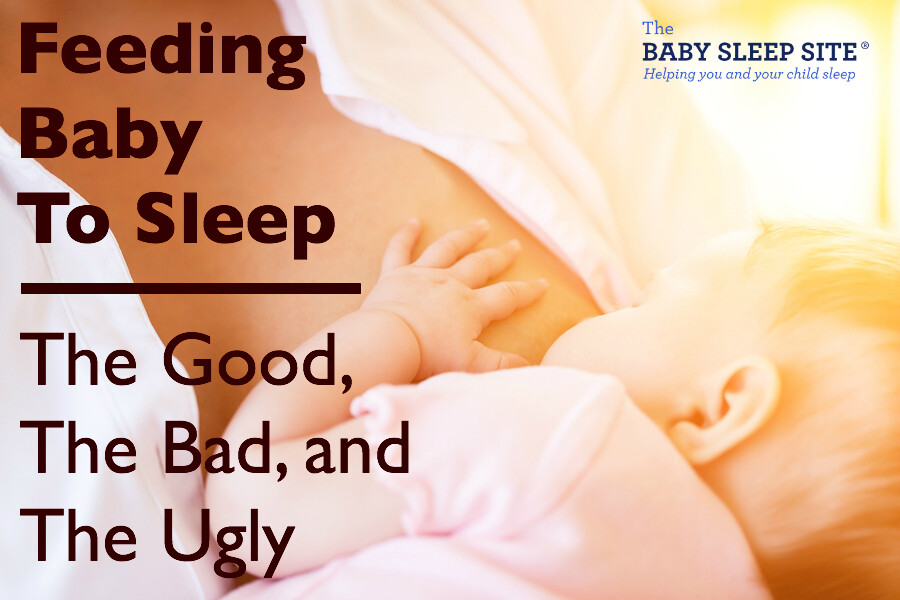
On our site Encyclopedia Baby Food there is useful information on the nutrition of your children, which is useful for everyone, and we update the site "Encyclopedia Baby Food" constantly and try to search and write only excellent, verified and necessary information for you and your children.
Disclaimer No. 1: It must be understood that the author of the articles on the Baby Food Encyclopedia website is not a medical staff, “I am not a doctor.” The information I share is based on my own experience. My goal is not to teach you how to eat or feed your child, but to talk about how we did it, what new things I learned or read. This expands the picture of Baby Food knowledge, gives you a glimpse of the whole process so you can decide if you like it or not.
Disclaimer No. 2 : However, the above does not cancel visiting a pediatrician. Before you start complementary foods, you need to get his professional opinion on the best way to introduce new foods for your baby.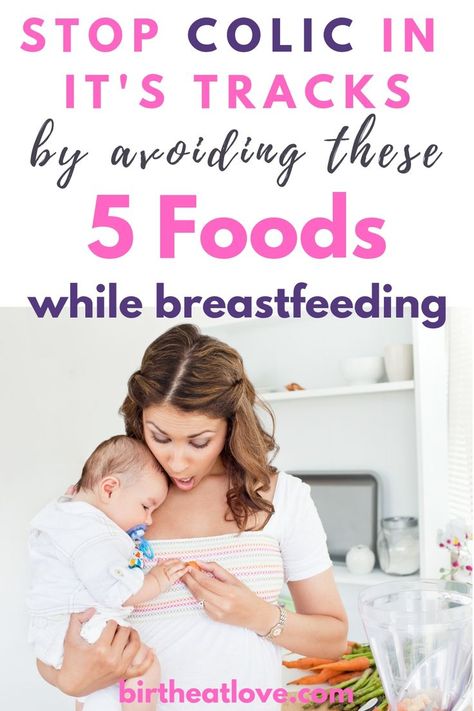 I also draw your attention to the fact that you need to look at the original date of the published articles, because some of the "best practices" may have changed. Always check with your child's pediatrician about complementary foods and their health.
I also draw your attention to the fact that you need to look at the original date of the published articles, because some of the "best practices" may have changed. Always check with your child's pediatrician about complementary foods and their health.
Disclaimer #3: Keep in mind that every family is unique, every situation is also completely unique. There are no universal solutions. Only you can find what works best for you. Certain goals require certain sacrifices and priorities - not everyone wants to make that choice, and that's GREAT! Just know what you want to achieve, and be ready to get to work, putting the best of your strength!
Disclaimer No. 4: On the Encyclopedia Baby Food website, photos from books on baby food with attribution are used to better understand the information (Article 1274, paragraph 1, part four of the Civil Code of the Russian Federation). Literature on baby food is found in the public domain on the Internet.
Disclaimer No. 5: Content, editing, proofreading, layout, etc. produced ONLY by the author of the site Encyclopedia Baby food. Therefore, I apologize for spelling, punctuation and stylistic errors. If you notice a mistake, please report it, and do not write angry comments about the illiteracy of the author of the article.
Apricot puree with chicken
Banana-apple puree
Banana puree
Borscht
Broth with peas and rice
Baby mashed potatoes with cottage cheese and fruits
Home yeast bread with linen flour
Home cheese
Homemade pizza
Breakfast on the street
Opeling from kolrabi
Cauces
Baked carrots and cherries with a bunch of 9012 white beans
Cabbage salad
Mashed potatoes
Quinoa and pumpkin porridge
Quinoa porridge
breakfast cereals
Quinoa and apple
Strawberry puree
Strawberry puree with banana
Strawberry compote
Compote of wild apples and raspberries
Compote of dried fruits steamed in a thermos for a baby over 8 months old
Corn porridge
Corn porridge with pear
Corn porridge9 with pumpkin
Corn porridge with pumpkin and carrot29 Corn porridge with apple and carrots
Chicken liver in the oven
Chicken cutlets with carrots
Chicken with carrots, sweet peppers and potatoes
Navy pasta
Pasta with orange sauce
Pasta with Gremolata
Muffins with vegetables and egg
New potatoes in their skins
Vermicelli milk soup
Carrot and potato puree
Carrot and rice casserole
Carrot with chicken
Fly agaric from eggs and tomatoes
Cauliflower and Carrot Vegetable Puree
Vegetable Soup with Semolina Corn
Vegetable Soup with Cheese and Semolina Corn
Vegetable Soup with Spinach
Vegetable Soup with Bell Peppers
oatmeal
pancakes from polions
pancakes on hot kefir
omelet in the bag
omelet with broccoli and cauliflower
omnete with spinach and cheese
Persian pyra
baked pies from kaba
Rice and zucchini pie
Fish pie
Fish and potato pie
White cabbage pizza
Lavash pizza
Zucchini, tomato and sausage pizza
Tomato and olive pizza
Spinach pizza
Rabbit pilaf
Chicken pilaf with green peas and corn
Banana and cherry puree
Banana, cottage cheese and porridge puree 4 grains
Broccoli (cauliflower) puree
Broccoli, squash and cauliflower puree
Blueberry puree
Pear puree
Pear and banana puree
Pear and banana puree, baked
Pear and pumpkin puree 7 months +
Pear, pumpkin and peach puree
Pear, apple, plum and prunes puree
Blackberry puree
Turkey puree
Zucchini puree
Zucchini and broccoli puree
Zucchini, carrot and potato puree
Quinoa and banana puree
Quinoa and carrot puree
Quinoa, banana and carrot puree
Quinoa, peach and raspberry puree
Quinoa, cauliflower, apple, pea and mint puree
Quinoa, apple, pear and raisin puree
Quinoa, apple, carrot puree
Rabbit, broccoli and mint puree cauliflower
Chicken, carrot, potato, apple and pea puree
Raspberry, cherry and banana puree
Carrot puree
Carrot and apple puree
Carrot, potato, broccoli puree with cheese
Carrot, potato, apple and quinoa puree
Carrot, pumpkin, apple and prune puree
Carrot, apple and potato puree
Turnip and carrot puree
Plum puree
Cottage cheese, strawberry and banana puree
Pumpkin puree
Pumpkin and banana puree
Pumpkin and banana puree
and zucchini
Pumpkin and apple puree
Pumpkin, apple and banana puree
Cauliflower and broccoli puree
Cauliflower and potato puree
Cauliflower and rice puree
Cauliflower and apple puree
Cauliflower and green pea puree and courgette
Cauliflower, turkey and potato puree
Cauliflower, potato and courgette puree
Cauliflower, carrot and broccoli puree
Cauliflower, carrot, cheese and rice puree
Cauliflower, apple and courgette puree
Zucchini puree
Zucchini and potato puree
Zucchini, carrot and apple puree
Cherry puree
Blueberry puree
Prune puree
Apple, pumpkin, carrot and some curry puree
toy apple puree apple and strawberry puree
Apple, strawberry and cherry puree
Apple, peach and banana puree
Carrot and pumpkin puree
Cottage cheese and banana puree
Turkey, potato and carrot stew
Zucchini, carrot and broccoli stew
Fish, potato, carrot and broccoli stew
Rice porridge
Whole grain rice porridge
Rice porridge with carrots
Rice porridge with pumpkin
Rice porridge with apples
Rice porridge with apple and pear
Rice porridge with apple and pumpkin 90 cutlets with vegetables
Ready-to-cook fish
Fish meatballs with ketchup
Fish soup for children
Fish soup with salmon and celery
Carrot and kohlrabi salad
Chickpea salad
Chickpea and cabbage salad
Laziest Soup
Creamy Kohlrabi Soup
Oatmeal Smoothie
Pot Sauce
Cheesy Pizza Sauce
Pea and Bacon Soup
Roasted Vegetable Soup
Kohlrabi Soup
Cauliflower Soup 9019 Salmon Soup
with potatoes and turnips
Meatball soup for the picky eater
Kohlrabi puree with green apple
Rabbit, pumpkin, potato, broccoli and cauliflower soup
Beetroot puree
Pumpkin puree with mushrooms
Celery Broccoli Soup
Pork Potato Carrot Soup/Stew
Cheese Chebureks
Pumpkin Cheese Sauce (Annabelle Carmel Recipe)
Buzz Lightyear Sandwich
Pumpkin Apple Puree
Pumpkin Apple
Pumpkin Juice
puree soup
Fruit salad
Mango fruit salad
Lavash bread
Cauliflower with cheese
Linden and thyme tea
Experimental vermicelli and lentil soup puree
Apple puree
Apple juice
Which foods are good before bed and which are harmful
March 16, 2021Health
Proper dinner will help to overcome insomnia.
Iya Zorina
Author of Lifehacker, athlete, CCM
Share
0Sleep deprivation is a serious test for both health and mentality. Sleep quality is affected by many factors, from stress to genetic diseases. However, food intake is of no small importance here.
And if you have trouble sleeping, maybe you should rethink your diet. We figure out which products help, and which, on the contrary, interfere with getting the right, healthy rest.
Foods that improve sleep
If you suffer from occasional insomnia, include them in your diet and see the difference after a while.
Bananas
HandmadePicture/Depositphotos.com These fruits are rich in Nutrition Facts & Calories: Bananas, raw potassium and magnesium, substances that act as natural muscle relaxants. They help the body relax before bed. In addition, bananas contain the amino acid tryptophan 9. 0603 L‑Tryptophan: Basic Metabolic Functions, Behavioral Research and Therapeutic Indications, and it is involved in the synthesis of serotonin, a neurotransmitter that also promotes relaxation.
0603 L‑Tryptophan: Basic Metabolic Functions, Behavioral Research and Therapeutic Indications, and it is involved in the synthesis of serotonin, a neurotransmitter that also promotes relaxation.
Serotonin, in turn, is converted by an enzyme in the pineal gland of the brain into melatonin, the “sleep hormone”. One study of Serum melatonin levels and antioxidant capacities after consumption of pineapple, orange, or banana by healthy male volunteers found that blood melatonin levels quadrupled after eating two bananas. It takes about an hour before tryptophan reaches the brain, so it's best to have a snack an hour and a half before bedtime.
Almonds
Gelpi/Depositphotos.com These tasty nuts are rich in Nuts, almonds [Includes USDA commodity food A256, A264] not only protein, but also magnesium, a substance that provides The effect of magnesium supplementation on primary insomnia in the elderly : A double‑blind placebo‑controlled clinical trial relaxes muscles and makes it easier to fall asleep.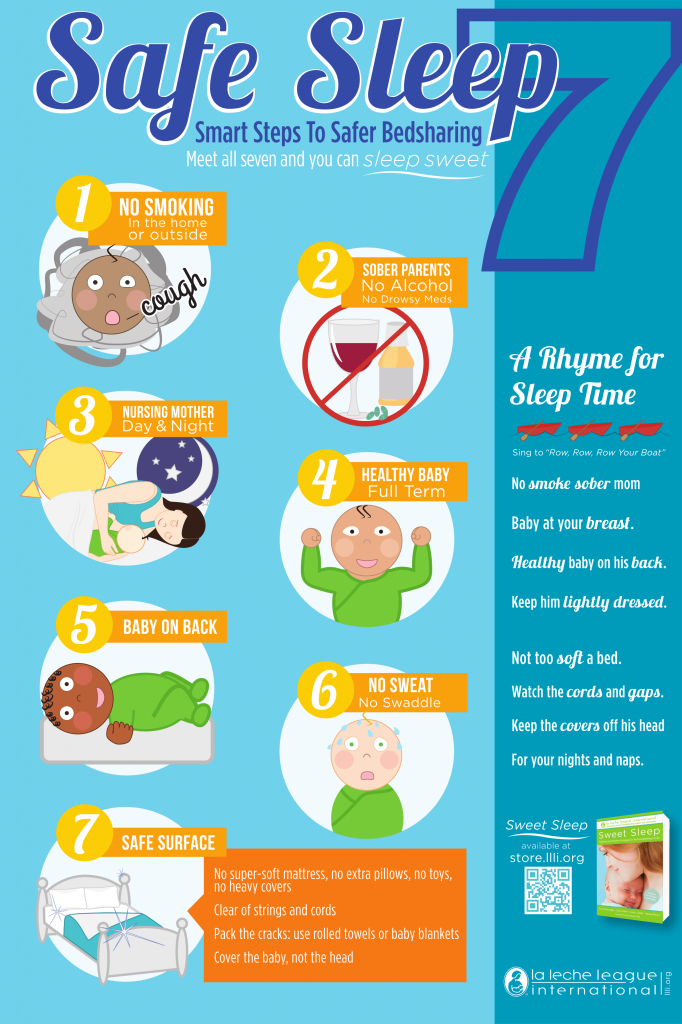
In addition, almonds are a valuable source of melatonin Dietary Sources and Bioactivities of Melatonin and may reduce cortisol levels Strategies of Functional Foods Promote Sleep in Human Being - a stress hormone that interferes with sleep. Studies Investigation of sedative and hypnotic effects of Amygdalus communis L. extract: behavioral assessments and EEG studies on rat show that this type of nut, as well as the oil from them, has a sedative and hypnotic effect.
So a handful of almonds before bed or an almond butter sandwich will be a great help in the fight against insomnia.
Cherry
AntonMatyukha/Depositphotos.com Cherry is one of the natural sources of melatonin Updates on Nutraceutical Sleep Therapeutics and Investigational Research. A pair of studies Tart cherry juice increases sleep time in older adults with insomnia (830.9), Pilot Study of the Tart Cherry Juice for the Treatment of Insomnia and Investigation of Mechanisms showed that adults with insomnia who drank 250 milliliters of cherry juice before bed slept one and a half hours longer than those who did not consume cherries.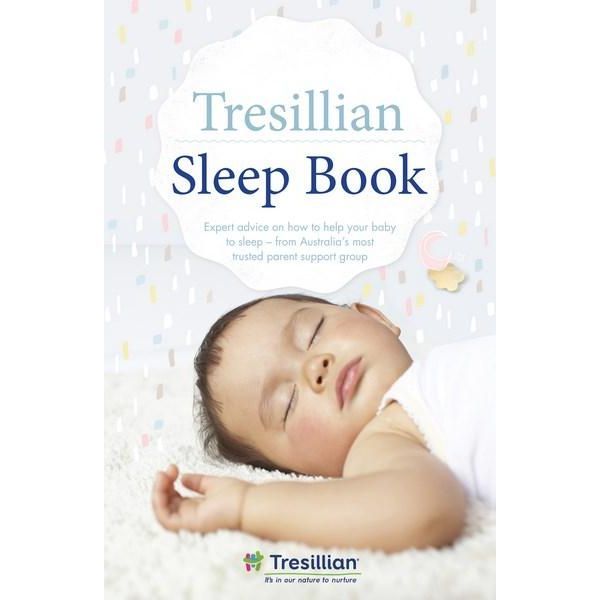 In addition, their sleep was better and they rested better.
In addition, their sleep was better and they rested better.
So eat a handful of cherries an hour before touching the pillow or drink a glass of natural cherry juice.
Chamomile tea
MillaFedotova/Depositphotos.com Chamomile tea contains apigenin Chamomile: A herbal medicine of the past with bright future, Herbal medicine for insomnia: A systematic review and meta‑analysis that promotes sleepiness and helps against insomnia. One Preliminary examination of the efficacy and safety of a standardized chamomile extract for chronic primary insomnia: A randomized placebo-controlled pilot study showed that people who took chamomile extract twice a day for a month fell asleep 15 minutes faster and less frequently woke up in the middle of the night compared to those who did not consume the extract. And lovers of chamomile tea have a reduced risk of depression Effects of an intervention with drinking chamomile tea on sleep quality and depression in sleep disturbed postnatal women: a randomized controlled trial, which also leads to sleep problems.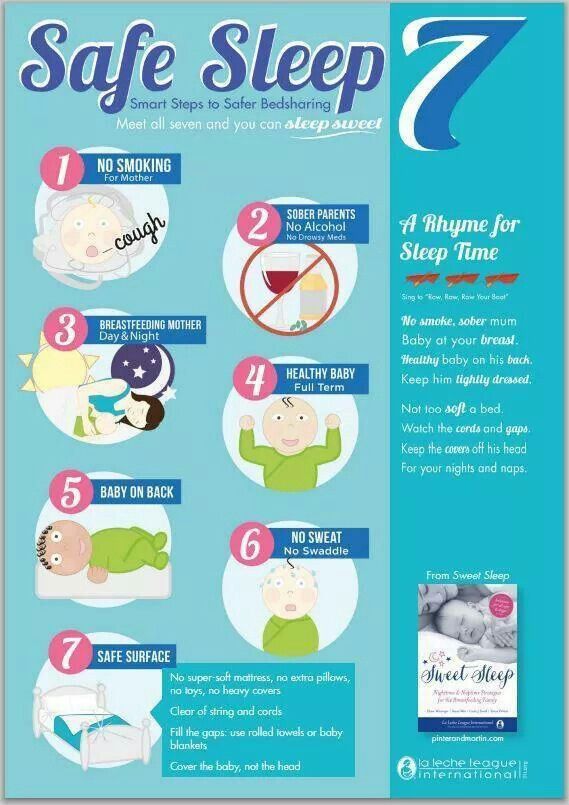
Passiflora tea
tankist276/Depositphotos.comIn addition to chamomile, passionflower tea also has a good effect on sleep. It also contains apigenin Risks and Benefits of Commonly used Herbal Medicines in Mexico and has a calming effect. The effectiveness of this drink has been experimentally proven A double‑blind, placebo‑controlled investigation of the effects of Passiflora incarnata (passionflower) herbal tea on subjective sleep quality by Monash University in Australia.
In their study, a group of adults drank a cup of passion flower tea just before bed for seven days. And by the end of the week, the quality of the night's rest of the subjects had improved significantly compared to the control group, which was given a placebo.
Start drinking passion flower tea before going to bed, and after a couple of weeks, falling asleep will be much easier.
Kiwifruit
Nitrub/Depositphotos.com Kiwifruit contains Kiwifruit, (chinese gooseberries), held in storage, raw, high amounts of serotonin, a neurotransmitter that has a relaxing effect and helps you fall asleep faster.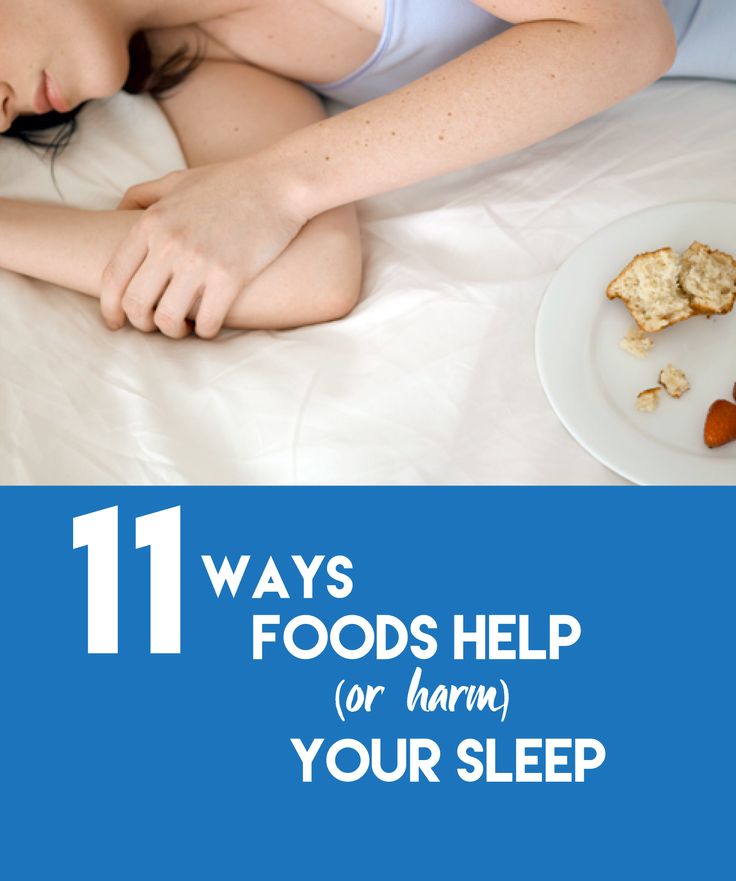 In one experiment, Effect of kiwifruit consumption on sleep quality in adults with sleep problems, participants were asked to eat two kiwifruits an hour before bed every night. After a month, the researchers noticed that the time it took the subjects to fall asleep was reduced by 35%, and the duration and quality of rest increased.
In one experiment, Effect of kiwifruit consumption on sleep quality in adults with sleep problems, participants were asked to eat two kiwifruits an hour before bed every night. After a month, the researchers noticed that the time it took the subjects to fall asleep was reduced by 35%, and the duration and quality of rest increased.
In addition, serotonin Brain serotonin, carbohydrate‑craving, obesity and depression in kiwi reduces the body's craving for carbohydrate absorption. So, if you gorge yourself on it before going to bed, you will be less likely to want to go out for a snack in the middle of the night.
Oatmeal
Mizina/Depositphotos.com Oatmeal is usually associated with breakfast. But it also helps you fall asleep. First, oatmeal contains a lot of melatonin Dietary Sources and Bioactivities of Melatonin - more than other cereals. Secondly, it contains selenium Sleep symptoms associated with intake of specific dietary nutrients, and its deficiency causes difficulty falling asleep. Finally, A review on Oat (Avena sativa L.) as a dual-purpose crop is rich in tryptophan, and Oat: unique among the cereals is rich in calcium, magnesium, phosphorus, silicon and potassium, which also promote healthy sleep.
Finally, A review on Oat (Avena sativa L.) as a dual-purpose crop is rich in tryptophan, and Oat: unique among the cereals is rich in calcium, magnesium, phosphorus, silicon and potassium, which also promote healthy sleep.
But keep in mind that this porridge is useful only if you eat it without sugar. But sweet oatmeal, on the contrary, will prevent Effects of Diet on Sleep Quality from falling asleep.
Milk
makidotvn/Depositphotos.com A glass of warm milk before bed is a greeting from childhood. It promotes sleep because it contains Milk proteins as a source of tryptophan‑containing bioactive peptides tryptophan. In addition, it is an excellent source of calcium that regulates the production of melatonin Effect of melatonin‑rich night‑time milk on sleep and activity in elderly institutionalized subjects. If you wake up at night and can't get back to sleep, drink a glass of milk with a teaspoon of honey. Experiments Effect of milk‑honey mixture on the sleep quality of coronary patients: A clinical trial study showed that this combination reduces the time it takes to fall asleep and improves the quality of rest.
Walnuts
windujedi/Depositphotos.comWalnuts are one of the best sources of melatonin Health Benefits of Nut Consumption. In addition, they help the body produce Serotonin Omega‑3 Fatty Acids and Depression: Scientific Evidence and Biological Mechanisms, thereby promoting sleep. So a handful of walnuts, eaten just like that or added to a salad, before going to bed, definitely does not hurt.
Products that have a bad effect on sleep
People with sleep disorders should forget about them.
Caffeine
wideonet/Depositphotos.com Everyone knows that caffeine helps Coffee, caffeine, and sleep: A systematic review of epidemiological studies and randomized controlled trials to wake up and drive away drowsiness. It also slows down the process of falling asleep and reduces overall sleep time. This substance continues to have a negative effect even six hours after ingestion Caffeine Effects on Sleep Taken 0, 3, or 6 Hours before Going to Bed.
Coffee before bed is not even mentioned, but there are other products Intake of caffeine from all sources and reasons for use by college students that contain caffeine: chocolate, energy drinks, gum (food supplement), some drugs. Yes, and in tea, both black and green, there is also caffeine. Therefore, before going to bed, it is better to switch to herbal options.
Pharmacology of Caffeine's reaction to caffeine is different for everyone: some people can drink a large mug of coffee at night and sleep well, for others, 150 grams of the drink is enough to suffer from insomnia for half a night. Therefore, be guided by the reaction of your body and give up caffeine if you see its negative impact on sleep.
Fatty foods
VadimVasenin/Depositphotos.com Experiments Fiber and Saturated Fat Are Associated with Sleep Arousals and Slow Wave Sleep prove that people who eat fatty foods get less healthy sleep than those who eat light dinners. Meals with a lot of fat not only significantly reduce the quality of a night's rest Relationship between Food Intake and Sleep Pattern in Healthy Individuals and the rate of falling asleep, but can also cause Risk factors for gastroesophageal reflux disease: the role of diet heartburn and upset stomach. If such food cannot be avoided, at least eat dinner three hours before bedtime Association between dinner‑to‑bed time and gastro‑esophageal reflux disease.
If such food cannot be avoided, at least eat dinner three hours before bedtime Association between dinner‑to‑bed time and gastro‑esophageal reflux disease.
However, there is one exception to this rule: fatty fish such as salmon, tuna, trout and mackerel, on the contrary, help to sleep. The fact is that it contributes Vitamin D and the omega‑3 fatty acids control serotonin synthesis and action, part 2: relevance for ADHD, bipolar disorder, schizophrenia, and impulsive behavior in serotonin production. One study, Fish Consumption, Sleep, Daily Functioning, and Heart Rate Variability, found that people who ate some Atlantic salmon before bed fell asleep faster than those who ate chicken, beef, or pork.
Alcohol
belchonock/Depositphotos.com Ethanol has a bad effect The Effects of Alcohol on Quality of Sleep on REM sleep cycles during which we dream. Since it is on these cycles that recovery of forces depends, it turns out that alcohol deprives you of rest even at night.